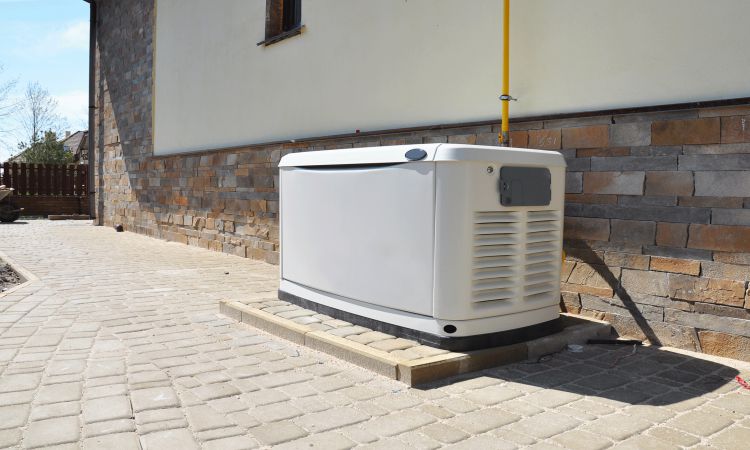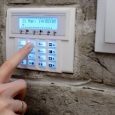 Are you looking for a generator as a backup power supply for your home or business? Do you worry you won’t buy the one that will meet your needs?
Are you looking for a generator as a backup power supply for your home or business? Do you worry you won’t buy the one that will meet your needs?
Customers in the US can expect power outages of at least 6 hours on average. It’s a great idea to prepare.
When looking for a generator, you want to consider what power you need. If you’re asking yourself “What type of generator do I need?”, read on!
What Type of Generator Do I Need?
If you plan to use a generator as a backup energy source in case of a power outage in your home, you’ll want one large enough to give you enough power for your needs.
A standby generator will start up automatically when the power goes out. They are a good choice for industrial or commercial backup systems. Check this Generac dealer for some great information.
Portable generators can power tools or specific appliances. They’re great due to their portability. That makes them flexible to use. A portable generator runs for shorter periods.
Generator Guide by Fuel Source
When shopping for a generator, many people first consider the fuel they would like to use. Some models allow you to switch between fuel types. Here are some of the most common generator types by fuel source:
Gas Generators
A gas generator is the most common type of generator you can find in use today. They are less expensive and use a fuel source that’s easy to find. When the power goes out, electricity isn’t available to pump gas, so you’ll need to have your own source of fuel.
Gas generators don’t last as long as some other types, and they can be tricky to start in the cold. They are pretty noisy, and gas has a short storage life.
Diesel Generators
Diesel generators are dependable. They start easily in the cold and last for a long time if maintained. You can store diesel for about two years before it’s stale, and moisture in the fuel can damage the generator.
Biodiesel is similar to diesel, with the advantage of lower emissions. It contains diesel fuel and a biological component such as animal fat. All diesel fuels are less flammable than other fuel sources, but the generators are noisy.
Solar Generators
In some circumstances, it’s crucial to have a generator that doesn’t produce carbon dioxide emissions. That makes a solar generator the perfect solution for apartment use.
They use solar panels to charge and have an inverter to change the power to alternating current. They’re a great short-term solution for minimal electrical requirements.
Propane and Natural Gas Generators
Propane and natural gas are cleaner fuels and offer quiet operations. Easy to store in any quantity, propane is highly flammable. Natural gas is readily available in many areas and provides a reliable continuous fuel source. The disadvantage of natural gas generators is they aren’t portable.
Choose Your Generator With Confidence
Now that you have reviewed the different types of generators available, you may have the answer to your question, “What type of generator do I need?” When you research the alternatives, you’ll find the generator that’s right for you.
If you enjoyed learning about generators, we have more equipment advice on our blog. Check it out today!




